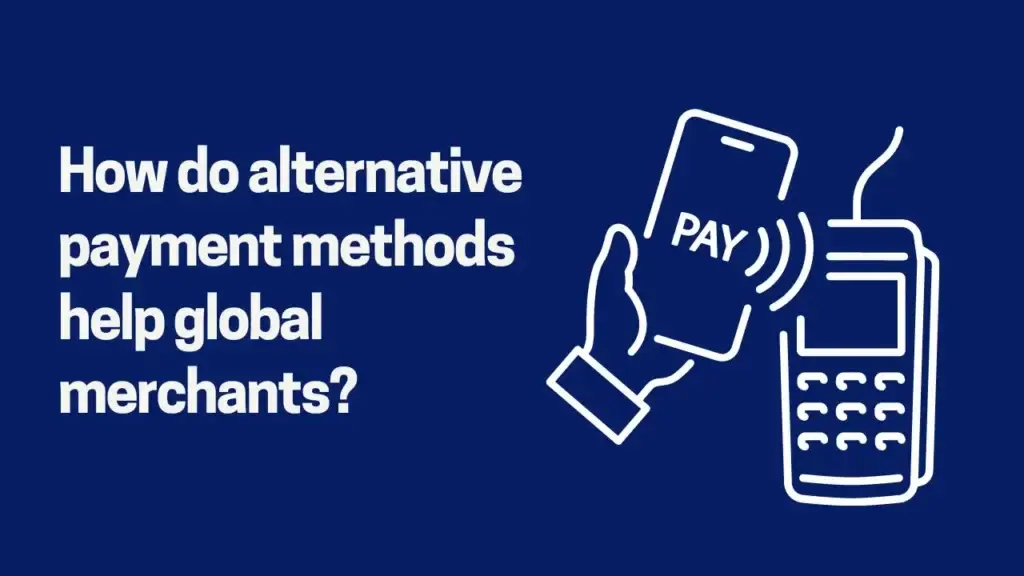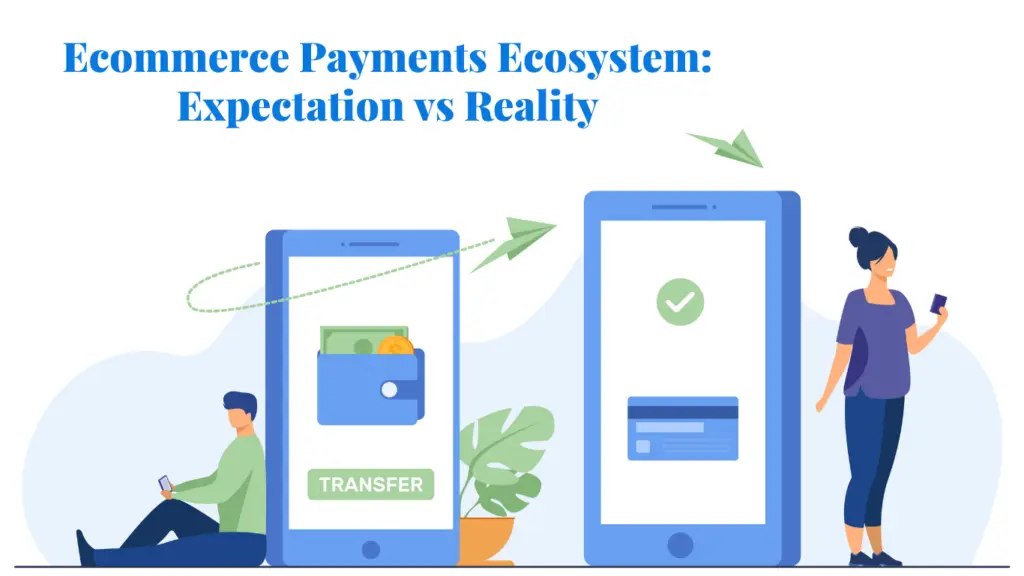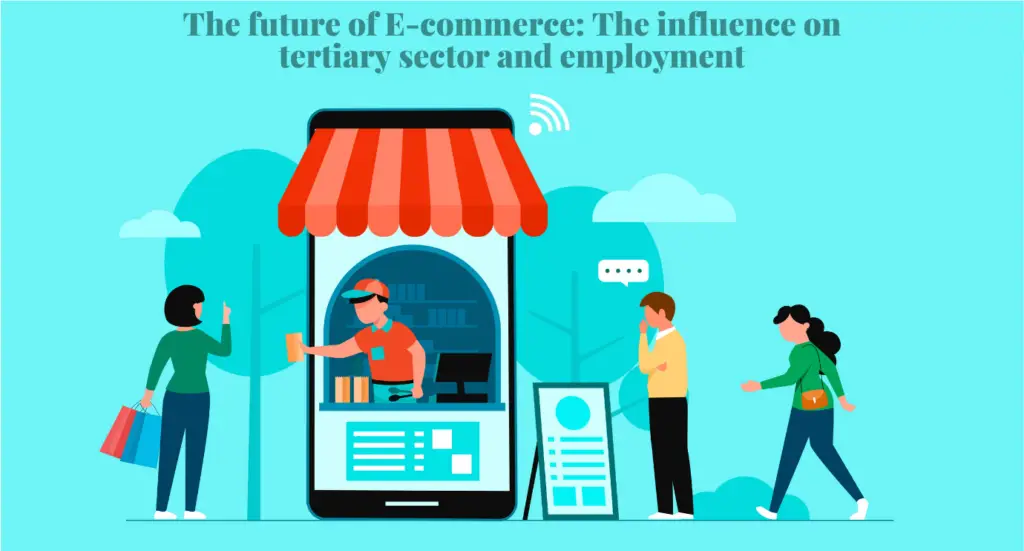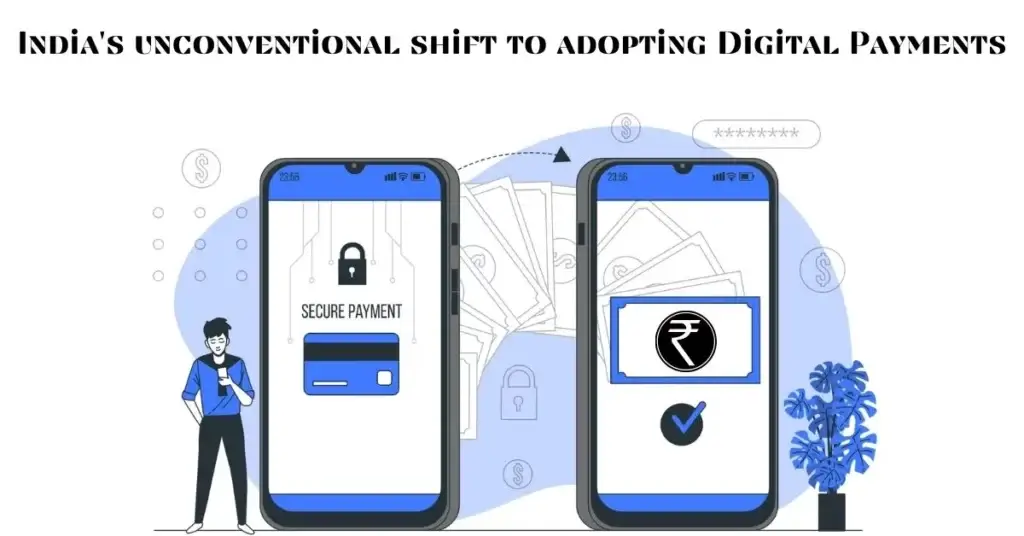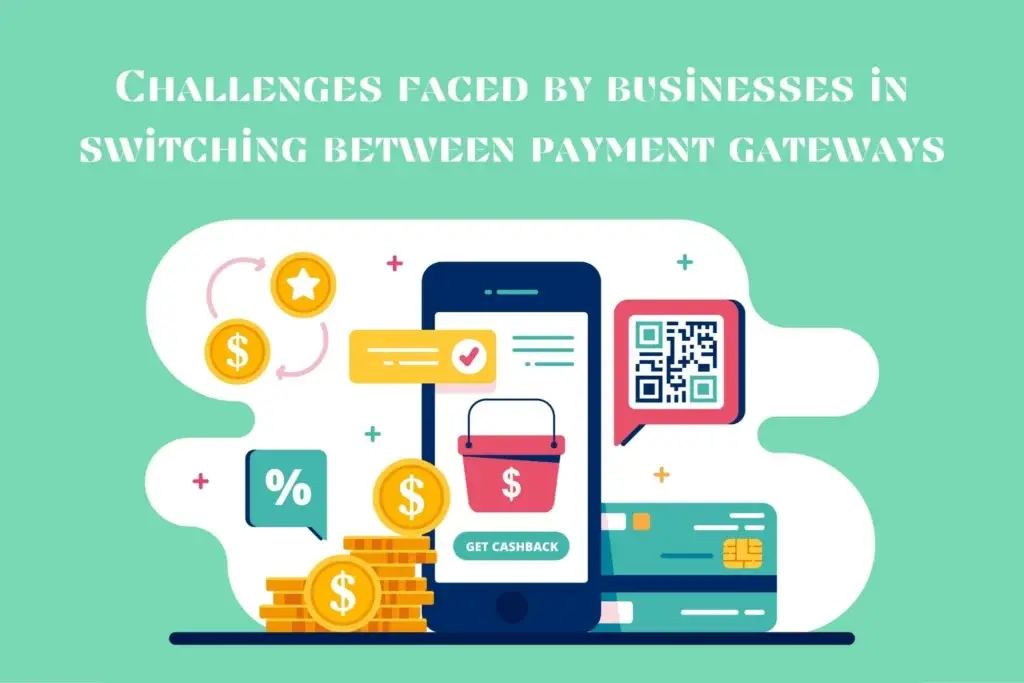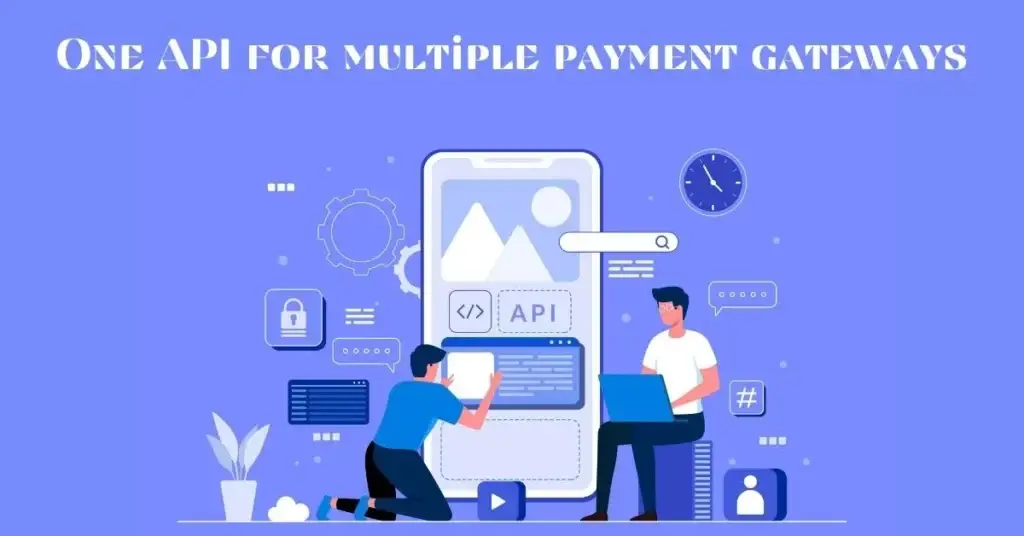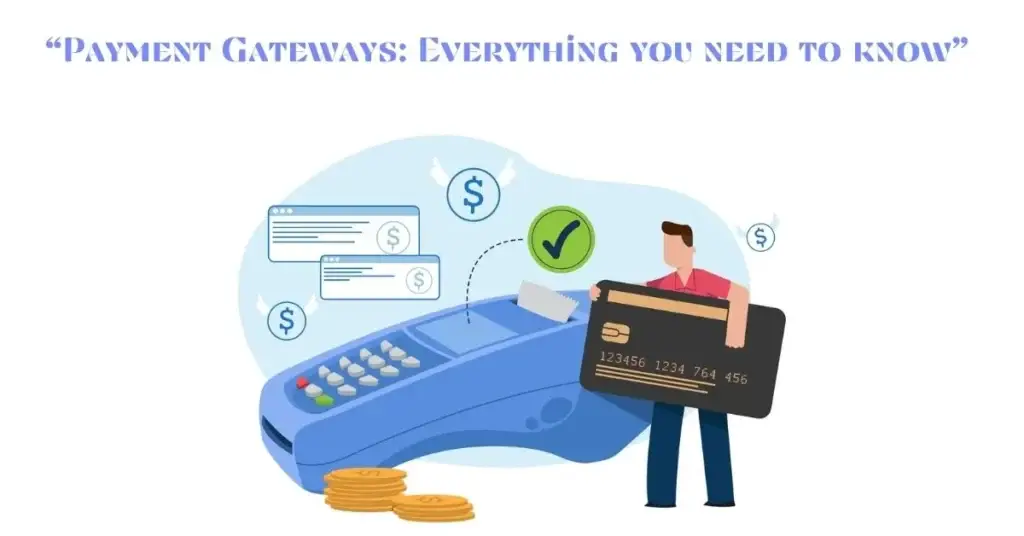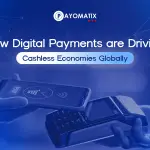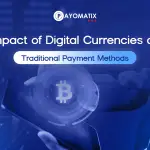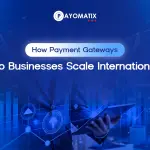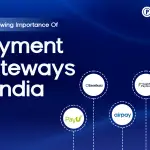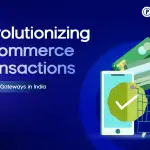Introduction
Alternative payment methods (APMs) are payment methods other than card payments that are offered to customers during checkout. APMs can be a great way to increase your conversion rate and attract new shoppers. However, only a small number of merchants offer alternative online payment gateway methods in their stores. This article will explain why you should offer APMs, how they work, and how they can help your business grow.
Alternative payment methods (APMs) are payment methods other than card payments that are offered to customers during checkout.
Alternative payment methods (APMs), such as digital wallets, cryptocurrencies and mobile payments offer a variety of benefits to merchants. APMs can be used to increase conversion rates by adding alternative online payment gateway options to your checkout page. They can also be used to increase average order value by offering additional incentives for customers who pay with a non-traditional method. In addition, APMs are an excellent way for merchants to increase sales volume by introducing more potential buyers into the purchase funnel.
Furthermore, APMs provide you with valuable information about who your customers are and what they’re interested in buying from you—information that will help you target future marketing efforts more effectively. Additionally, when implemented properly, these innovative online payment gateway options will help build lasting relationships between brands and their loyal customers while increasing brand loyalty within specific demographics
Top APM’s by transaction volume in 2019
The top alternative payment methods (APMs) in Q3 2019 by transaction volume were:
- Square, Inc. – $37 billion
- Stripe, Inc. – $20 billion
- PayPal Holdings, Inc. – $16 billion
- Apple Pay – $8 billion
- Venmo, Inc. – $6 billion
- Google Pay – $5 billion
- AliPay / WeChat Pay / Zelle / Braintree
Top reasons to offer APMs
- Increase conversion rates: The PayFort online payment gateway helps you increase your conversion rates by providing a secure and seamless checkout experience, which will give you an edge over the competition. The offering of alternative online payment gateway methods can only boost your conversion rates further.
- Increase sales: According to research conducted by PayPal, 46% of customers who used PayPal as an APM said they were more likely to buy from businesses that accept it; so offering APMs is a great way to increase sales without any additional marketing effort or cost.
- Average order value (AOV): Offering APMs gives you access to a new customer base that may not have been willing or able to make larger purchases before but now do because they don’t need cash on hand for payments. This means more revenue from each sale due to increased AOVs
How can offering APMs help international merchants?
APMs are a great way to reach customers who don’t have a credit card or don’t want to use one. For example, in some countries, people prefer online payment gateway methods that give them more control over their money and avoid having credit card debt. This is especially true when they don’t know your business well enough to trust it yet.
APMs are also the most popular online payment gateway method around the world: they account for more than half of all payments made online across Europe, North America and Asia-Pacific regions with higher adoption rates in emerging markets where internet usage is growing rapidly.
How to add APMs in your online store?
To add APMs in your online store, you need to choose a online payment gateway and a payment processor. A gateway is the software that connects your site with the bank and charges you for each transaction. The payment processor is an organization that holds customer information such as billing address and shipping details. It’s also responsible for handling refunds on behalf of merchants if necessary.
After choosing a gateway and processor, you must choose an APM from their list of supported methods (for example: Apple Pay) or create one if it isn’t there by default (for example: Google Wallet). This can be done through APIs provided by both gateways/processors but they often have different names (eBay refers to them as “Payment Methods” while PayPal uses “Payment Gateway Extensions”).
Offering APMs helps you attract new shoppers and increase conversions.
Offering APMs helps you attract new shoppers and increase conversions.
As an ecommerce merchant, you want to reach as many customers as possible. Why? Because they’re the ones who will make a purchase. But how can you achieve this goal? By offering APMs, of course!
When it comes to making purchases online—particularly in regions where credit cards aren’t common—APMs are a great way for merchants to attract new customers and drive sales growth. Where do these types of shoppers live? Well, let’s take a look at some statistics:
- According to PayPal research data from 2017 (the latest year that data was available), India had around 5 million active PayPal users by then; Brazil had nearly 1.5 million; and Australia had roughly 1 million active accounts on its platform at that time too.* The International Monetary Fund estimates that India’s digital payments market will grow faster than any other country over the next three years with an annual compound growth rate between 2020-2023.* In addition, according to PayPal’s “Global Consumer Payment Attitudes Study” results released earlier this year , more than half (55%) of global consumers prefer paying with their mobile devices over cash when shopping online.* With so many opportunities available in these markets alone—not mention others such as Southeast Asia or Russia—it’s clear why merchants would want more ways than one through which shoppers can pay for goods online!
Conclusion
Offering alternative payment methods (APMs) is a great way to attract new customers, increase sales and boost your brand image. It can help you reach out to the customers who are not comfortable with traditional payment methods such as credit card payments or cash on delivery options. However, before starting with APMs it’s important for merchants to understand how they work and how much money they can save by offering these payment options instead of traditional card payments.

